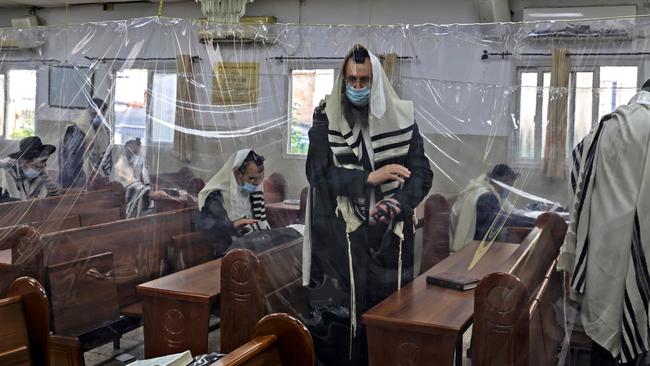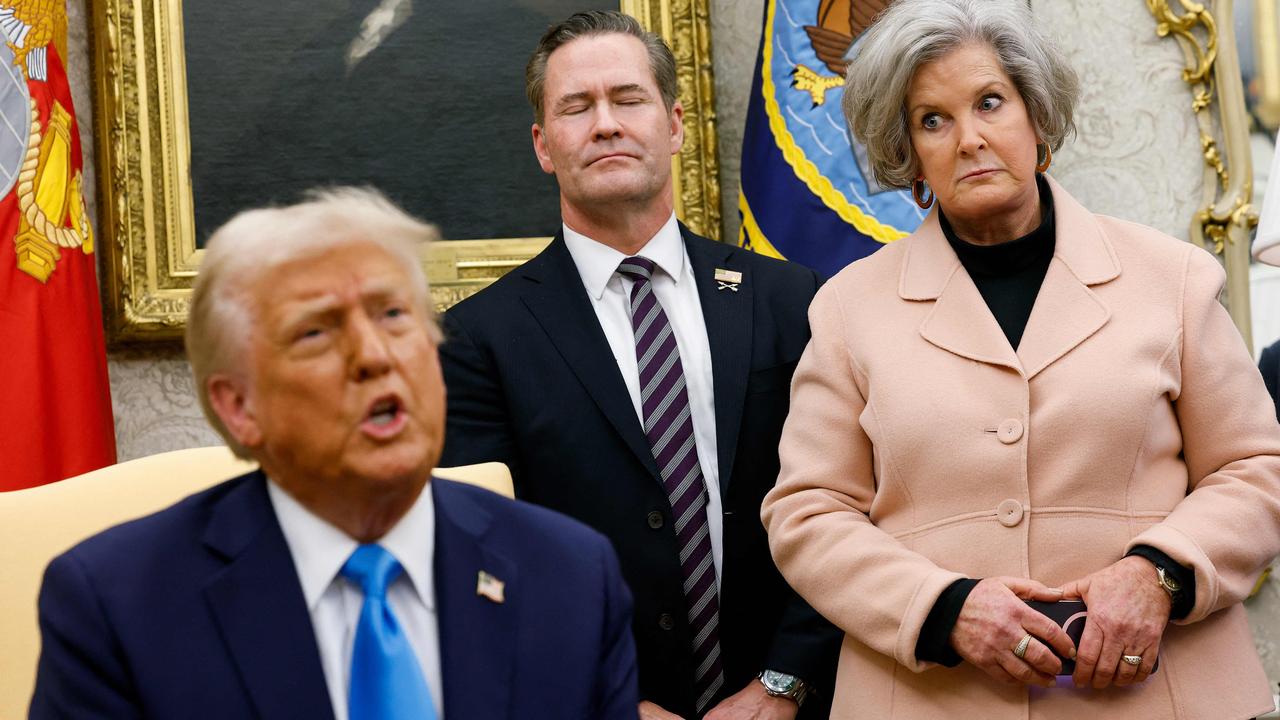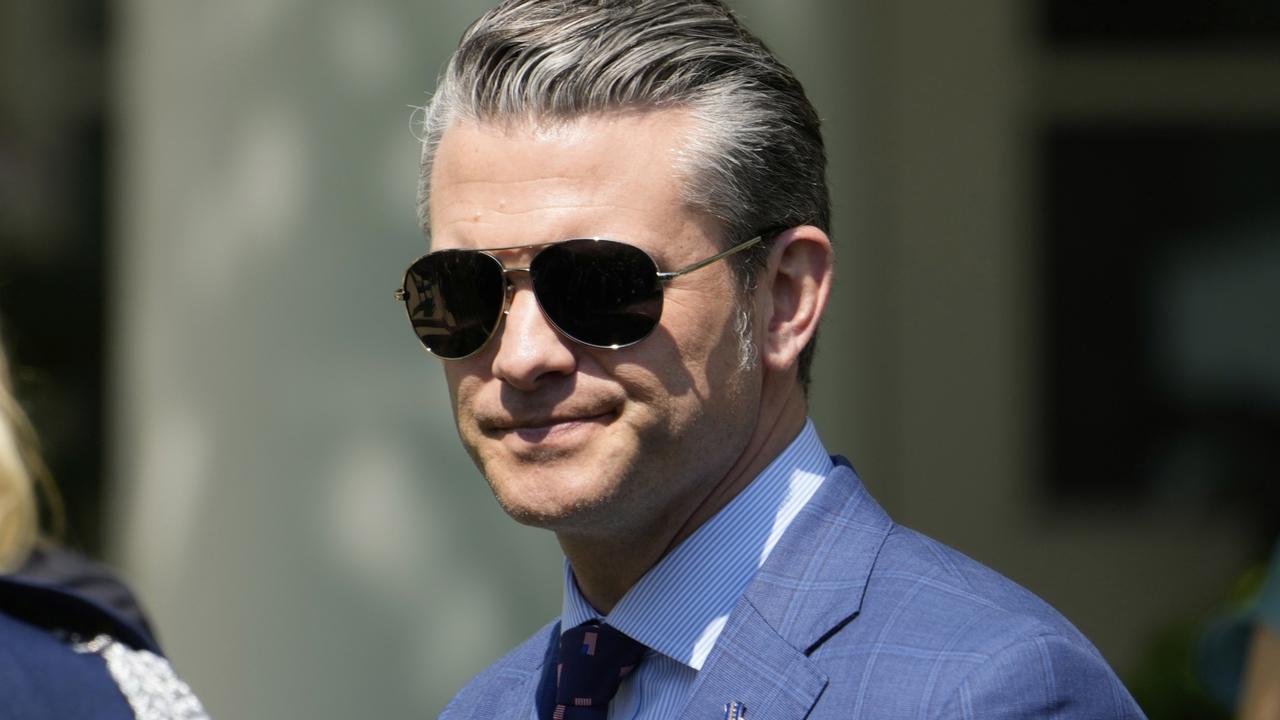Israel faces curfew as Benjamin Netanyahu coronavirus tactics labelled ‘garbage’
Israel is to impose curfews and close schools in dozens of cities and towns hit hard by the coronavirus.

Israel is to impose curfews and close schools in dozens of cities and towns hit hard by the coronavirus, as Prime Minister Benjamin Netanyahu faces growing pressure to contain a rapid upsurge in infections.
Following the lead of Melbourne, San Francisco and dozens of Indian cities, the curfews were to go into effect at 7pm on Tuesday (2am Wednesday AEST) and last until 5am, according to Israeli authorities, who didn’t specify how long they would remain in place. Schools would be closed from Wednesday in those areas, they said.
The restrictions come as Israel prepares for the Jewish New Year holidays later this month, a period of travel and social gatherings that officials fear could further spread the virus after a sharp rise in infections in recent weeks.
Mr Netanyahu’s government initially voted to impose a full lockdown on the nine or 10 most virus-ridden cities and towns, on the recommendation of the country’s recently appointed coronavirus tsar, Ronni Gamzu.
Most are dominated by either ultra-Orthodox or Arab communities, who often live in the poorest and most crowded areas of the country.
But on Sunday night (Monday AEST), Mr Netanyahu changed tack after facing pushback from ultra-Orthodox mayors, who said their offices would refuse to comply with authorities. His government instead decided to impose a curfew and close schools in about 40 cities and towns with high infection rates.
The ultra-Orthodox are an important support base for Mr Netanyahu, who is under pressure on several fronts at home. He is facing criticism for opening the economy too quickly in May after imposing varying degrees of virus-induced lockdowns since March, adding to the protests over his corruption trial, where he stands accused of fraud, accepting bribes and breach of trust.
Mr Netanyahu has denied any wrongdoing, but the proceedings have raised questions about how effectively he can govern. Israel also faces the prospect of a fourth election within two years if rival camps within the government fail to agree on a budget.
The quick about-turn by Mr Netanyahu on a full lockdown prompted criticism from opposition figures that the veteran politician was sacrificing the country’s health policy to safeguard his political alliance with ultra-Orthodox voters. “In order so that they won’t say ‘why is there a closure just for the ultra-Orthodox’, instead of nine towns entering a lockdown, now it’s 40,” Meretz party leader Nitzan Horowitz said. He called Mr Netanyahu’s leadership “garbage … that isn’t able to make a decision”.
Health experts advising Mr Netanyahu’s government on the coronavirus expressed fears that the Israeli public’s trust in its leaders was eroding. “People sit and make plans and then politics intervenes,” said professor Nadav Davidovitch, who is advising Mr Gamzu. “Public trust is at best cracking, if not completely gone.”
Mr Netanyahu on Monday blamed other politicians for the rise in infections. “Politicians are taking advantage of the virus for political needs and calling for non-compliance (to coronavirus regulations) — this is anarchy,” he said.
With one of the highest infection rates per million residents, according to data provided by Johns Hopkins University, Israel last week passed more than 1000 deaths due to COVID-19 and as of Monday had more than 27,000 active cases. It has recorded nearly 132,000 cases so far.
The Wall Street Journal



To join the conversation, please log in. Don't have an account? Register
Join the conversation, you are commenting as Logout